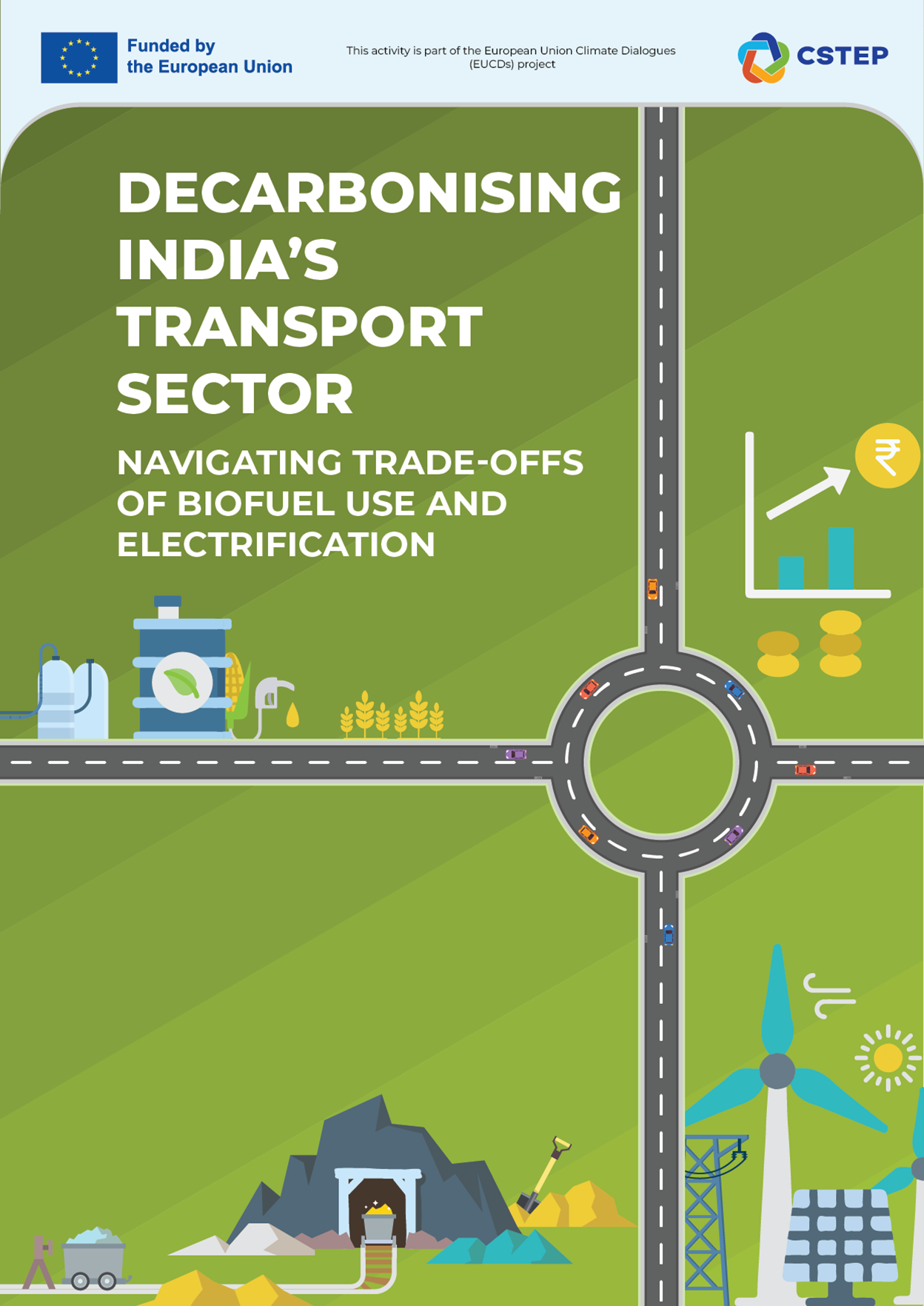
Decarbonising India’s transport sector: Navigating trade-offs of biofuel use and electrification
NEW DELHI : As India is on a trajectory to decarbonise the transport sector and reach its net-zero goals by 2070, it is imperative to closely examine decarbonisation strategies to avoid any unintended economic and natural resource–related trade-offs. Bengaluru-based think tank, Center for Study of Science, Technology and Policy (CSTEP)’s latest study highlights that sustaining 10% ethanol blending (E10) might be the right way forward, considering it avoids any trade-offs between food and fuel and existing vehicles and infrastructure are already E10-compliant. The study also notes that while electrification of the transport sector is critical to meeting net-zero targets, it may increase the critical mineral demand, further augmenting India’s import dependency for these minerals.
The study on ‘Decarbonising India’s Transport Sector: Navigating Trade-offs of Biofuel Use and Electrification’ uses the Sustainable Alternative Futures for India (SAFARI) and Social Accounting Matrix (SAM)-based multipliers models to explore the natural resource and macroeconomic implications of biofuel use and electrification to help develop a sustainable decarbonisation strategy for the transport sector. Considering various trade-offs and co-benefits of low-carbon strategies, the study suggests a roadmap for decarbonising the sector, with specific policy directions to reach this goal.
